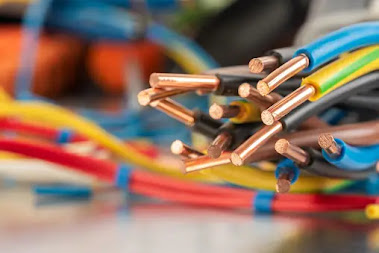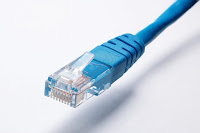The Backbone of Your Electrical System and Demystifying Power Cables
Power cables are an often-overlooked but essential component of any electrical system. They serve as the backbone that carries electricity from the source to your devices, ensuring a steady and reliable flow of power. In this article, we will demystify power cables, exploring their types, importance, and key considerations when choosing the right ones for your needs.
The Role of Power Cables
your electrical system as a network of roads, and power cables as the vehicles that transport electricity from one point to other. Without the right cables, this flow of electricity can face interruptions, leading to voltage drops, electrical noise, and potential damage to your devices.
Power cables come in various types and sizes, each designed for specific applications. They can be categorized into two primary types: low-voltage and high-voltage cables.
Low-Voltage Power Cables
Low-voltage power cables are commonly used in residential and commercial settings. They are typically rated for voltages up to 1,000 volts and are designed to deliver electricity to household appliances, lighting, and small machinery. Common examples of low-voltage power cables include extension cords, appliance cords, and cords for computers and televisions.
When selecting low-voltage power cables, it's crucial to consider factors such as cable gauge, length, and insulation. Thicker cables with lower gauge numbers can carry more current over longer distances without significant voltage drop. Additionally, proper insulation ensures safety and prevents electrical leakage.
High-Voltage Power Cables
High-voltage power cables are used in industrial and utility applications, where they carry electricity at much higher voltages, often ranging from 2,400 volts to hundreds of thousands of volts. These cables are designed to withstand harsh environmental conditions and are crucial for transmitting power over long distances, such as in power distribution networks.
One common type of high-voltage power cable is the underground transmission cable, which is buried beneath the ground to distribute electricity to urban areas. These cables are heavily insulated to protect against moisture and physical damage.
Key Considerations When Choosing Power Cables
Selecting the right power cables for your specific needs is essential to ensure a safe and efficient electrical system. Here are some key considerations:
1. Cable Type
Determine whether you need low-voltage or high-voltage cables based on your application. High-voltage cables are not interchangeable with low-voltage ones, as they have distinct design and insulation requirements.
2. Cable Gauge
The gauge of a power cable is a critical factor in determining its current-carrying capacity. Thicker cables with lower gauge numbers can carry more current without significant voltage drop. Ensure that the cable's gauge matches your electrical load.
3. Length
Choose a cable length that allows for flexibility in your electrical setup while avoiding excessive coiling or stretching. Longer cables can result in more voltage drop, affecting the performance of your devices.
4. Insulation
Select cables with insulation appropriate for your environment. For outdoor or harsh conditions, opt for cables with robust insulation to protect against moisture, chemicals, and physical damage.
5. Safety Certifications
Look for power cables that meet safety standards and certifications relevant to your region. These certifications ensure that the cables have undergone rigorous testing and comply with safety regulations.
Conclusion
Power cables are the unsung heroes of our electrical systems, ensuring a steady and reliable flow of electricity to our homes, offices, and industries. Understanding the different types of power cables and making informed choices when selecting them is crucial for safety and efficiency.Whether you're setting up a new electrical system or replacing existing cables, taking the time to demystify power cables and consider the key factors discussed in this article will help you make the right choices for your specific needs. Remember, the right power cables can make all the difference in the performance and longevity of your electrical devices and systems.You can order multiple types of cables at Datacomm Cables,Inc for your house,office,industry servers etc where you get shipping free on orders above $ 99.





Comments
Post a Comment